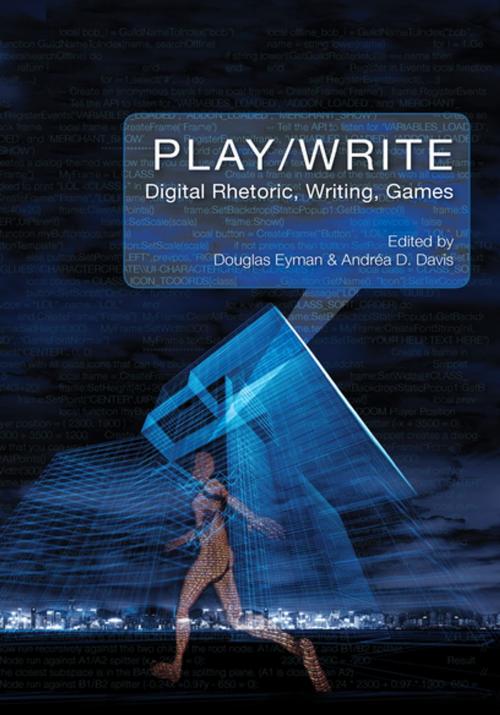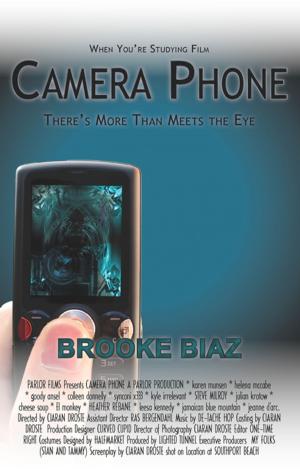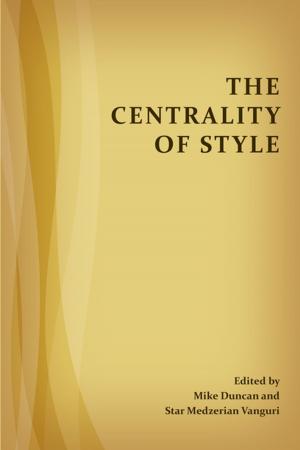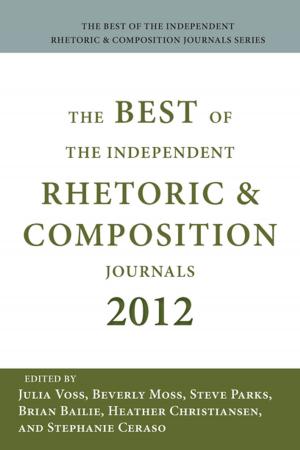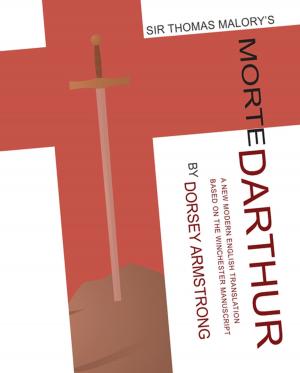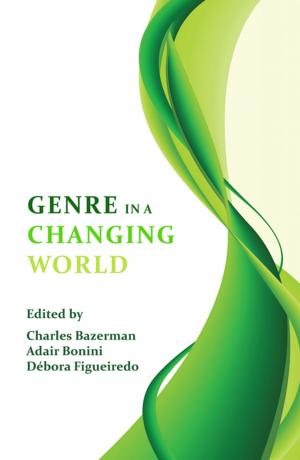Play/Write
Digital Rhetoric, Writing Games
Nonfiction, Reference & Language, Language Arts, Public Speaking, Rhetoric, Computers, Application Software, Multimedia, Entertainment & Games, Game Programming - Graphics| Author: | ISBN: | 9781602357341 | |
| Publisher: | Parlor Press, LLC | Publication: | April 6, 2016 |
| Imprint: | Parlor Press, LLC | Language: | English |
| Author: | |
| ISBN: | 9781602357341 |
| Publisher: | Parlor Press, LLC |
| Publication: | April 6, 2016 |
| Imprint: | Parlor Press, LLC |
| Language: | English |
lay/Write: Digital Rhetoric, Writing, Games is an edited collection of essays that examines the relationship between games and writing – examining how writing functions both within games and the networks of activity that surround games and gameplay. The collection is organized based on the primary location and function of the game-writing relationship, examining writing about games (games as objects of critique and sites of rhetorical action), ancillary and instructional writing that takes place around games, the writing that takes place within the game, using games as persuasive forms of communication (writing through games), and writing that goes into the production of games. While not every chapter focuses exclusively on pedagogy, the collection includes many selections that consider the possibilities of using computer games in writing instruction. However, it also provides a bridge between academic views of games as contexts for writing and industry approaches to the writing process in game design, as well as an examination of a variety of game-related genres that could be used in composition courses.
lay/Write: Digital Rhetoric, Writing, Games is an edited collection of essays that examines the relationship between games and writing – examining how writing functions both within games and the networks of activity that surround games and gameplay. The collection is organized based on the primary location and function of the game-writing relationship, examining writing about games (games as objects of critique and sites of rhetorical action), ancillary and instructional writing that takes place around games, the writing that takes place within the game, using games as persuasive forms of communication (writing through games), and writing that goes into the production of games. While not every chapter focuses exclusively on pedagogy, the collection includes many selections that consider the possibilities of using computer games in writing instruction. However, it also provides a bridge between academic views of games as contexts for writing and industry approaches to the writing process in game design, as well as an examination of a variety of game-related genres that could be used in composition courses.
